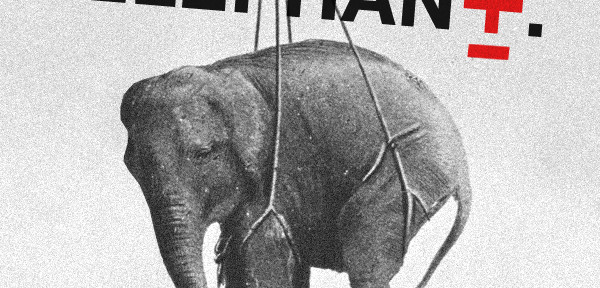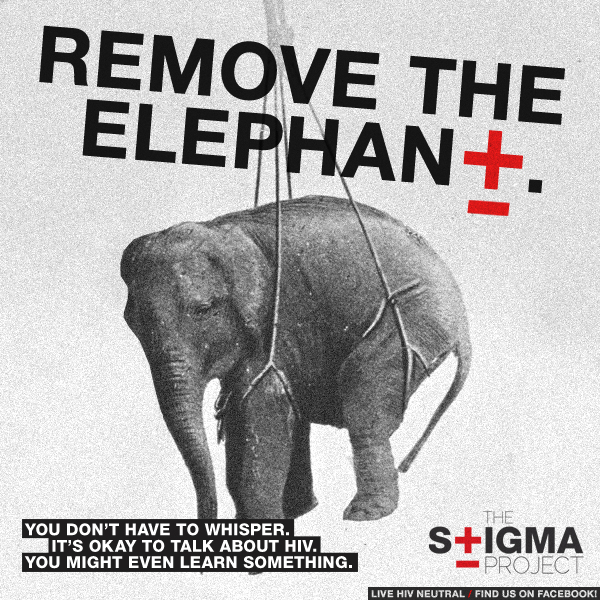 So you’re traveling to Canada? The Great White North? The True North Strong and Free? As you venture across the 49th parallel into this foreign land, what will you learn about its people? Well, we’ll give you a little primer on Canadian culture to help you in your foreign travels.
So you’re traveling to Canada? The Great White North? The True North Strong and Free? As you venture across the 49th parallel into this foreign land, what will you learn about its people? Well, we’ll give you a little primer on Canadian culture to help you in your foreign travels.
First things first, Canada has been an independent nation now for almost 150 years (since July 1, 1867) and has developed alongside the United States as its top trading partner. In turn, there are a lot of overlaps between American and Canadian culture!
What comes to mind when you think of Canada?
Is it the iconic Mounties (i.e., the Royal Canadian Mounted Police) that bear the famous red uniform of Rocky and Bullwinkle’s Dudley Do-Right?
Is it the beautiful artwork of Canada’s First Nation communities (i.e., the Canadian term for Native American)?
Is it the Loonie or Toonie (i.e., Canada’s one and two dollar coins)?
If you look at some of the artwork sent out on the 2015 APA Convention materials, both hockey players and moose come to mind!
Canada has a rich history and culture. It’s a diverse nation and the second largest in the world. As our next door neighbor, Canadians and Americans have a lot of similarities, but in preparing for your trip to the APA Convention in Toronto, you should be aware of some cultural considerations of traveling to this vibrant city in a different country. The information provided below is a general overview of Canadian/Toronto culture, but does not necessarily generalize to every individual Canadian, as is the case in summarizing any culture.
Canadian culture
- Overall, Canadians are more conservative and reserved than Americans; however, much of their interpersonal style is similar to that of Americans. In conversations, they do not touch the other person, maintain a certain amount of personal space, and value eye contact.
- Canadians are known for their politeness, and are typically helpful should you need aid in directions or other cultural questions.
- Canadians say “Sorry” a lot, so much that people have actually researched its use.
- It is customary to tip around 15% gratuity before tax for restaurants, but is unnecessary for counter-service.
- Canadian coins are magnetic, thus U.S. coin currency will not work in Canadian machines. It is also important to note that $1 and $2 are in coins, not paper money.
- Canadians use Celsius to measure temperature, so just as a reference, 0 degrees Celsius is 32 degrees Fahrenheit, 10 degrees Celsius is about 50 degrees Fahrenheit, and 20 degrees Celsius is about 68 degrees Fahrenheit.
- Canada is actually a bilingual country and many Canadians speak both English and French. Quebec (a.k.a. French Canada) is a province bordering Ontario and you could run into a Francophone Canadian that only speaks French, although many Quebecers are bilingual and fluent in English.
- Smoking in public places is generally frowned upon in Canada. If you do smoke, be aware of any city restrictions.
Toronto culture
- The people of Toronto typically speak English, but due to its diversity, it hosts over 140 languages and dialects.
- Toronto is heralded as one of the most diverse cities in the world! Neighborhoods, including Greektown, Chinatown, and Little India, are great ways to experience the diversity of the city.
- The culture and arts scene is prominent in Toronto. Many well-known films, such as Good Will Hunting, Chicago, and X-Men were all filmed in this city.
- The city is known as very safe and has great public transportation systems.
- Jay walking is illegal in Ontario, and individuals can be fined for ignoring traffic signals. It is also important to note that pedestrians do not have “the right of way” in Ontario, so be cautious when crossing a busy street.
Events
- This year the Parapan American games are hosted in Toronto August 7-15th! These games typically bring in 10,000 athletes and officials from around the world.
- Krinos Taste of the Danforth is a festival in Greektown with live music and authentic cuisine from local restaurants.
- The Roger’s Cup in Toronto is a professional women’s tennis tournament hosted this year from August 8th– 16th.
Editors Note: This post written by Kelly Lee, APAGS incoming Convention Committee Chair and Justin Karr, APAGS Member-at-Large, Membership Recruitment and Retention Focus



 I love to cook. During graduate school it was one of my primary self-care strategies. But, let’s be honest, when you’re pulling together your pennies in line at the grocery store and trying to find time to brush your teeth, gourmet meals aren’t exactly high on the list of priorities.
I love to cook. During graduate school it was one of my primary self-care strategies. But, let’s be honest, when you’re pulling together your pennies in line at the grocery store and trying to find time to brush your teeth, gourmet meals aren’t exactly high on the list of priorities.

 Texan I met in Houston, Kolby, and we have an adorable 3 year old pup named Hadley. In my free time (yes, you do get some free time later in training) I love to walk with Hadley, cook, garden, and binge watch TV shows. I love food and traveling and am greatly looking forward to the days Kolby and I can experience more of the world together.
Texan I met in Houston, Kolby, and we have an adorable 3 year old pup named Hadley. In my free time (yes, you do get some free time later in training) I love to walk with Hadley, cook, garden, and binge watch TV shows. I love food and traveling and am greatly looking forward to the days Kolby and I can experience more of the world together.
